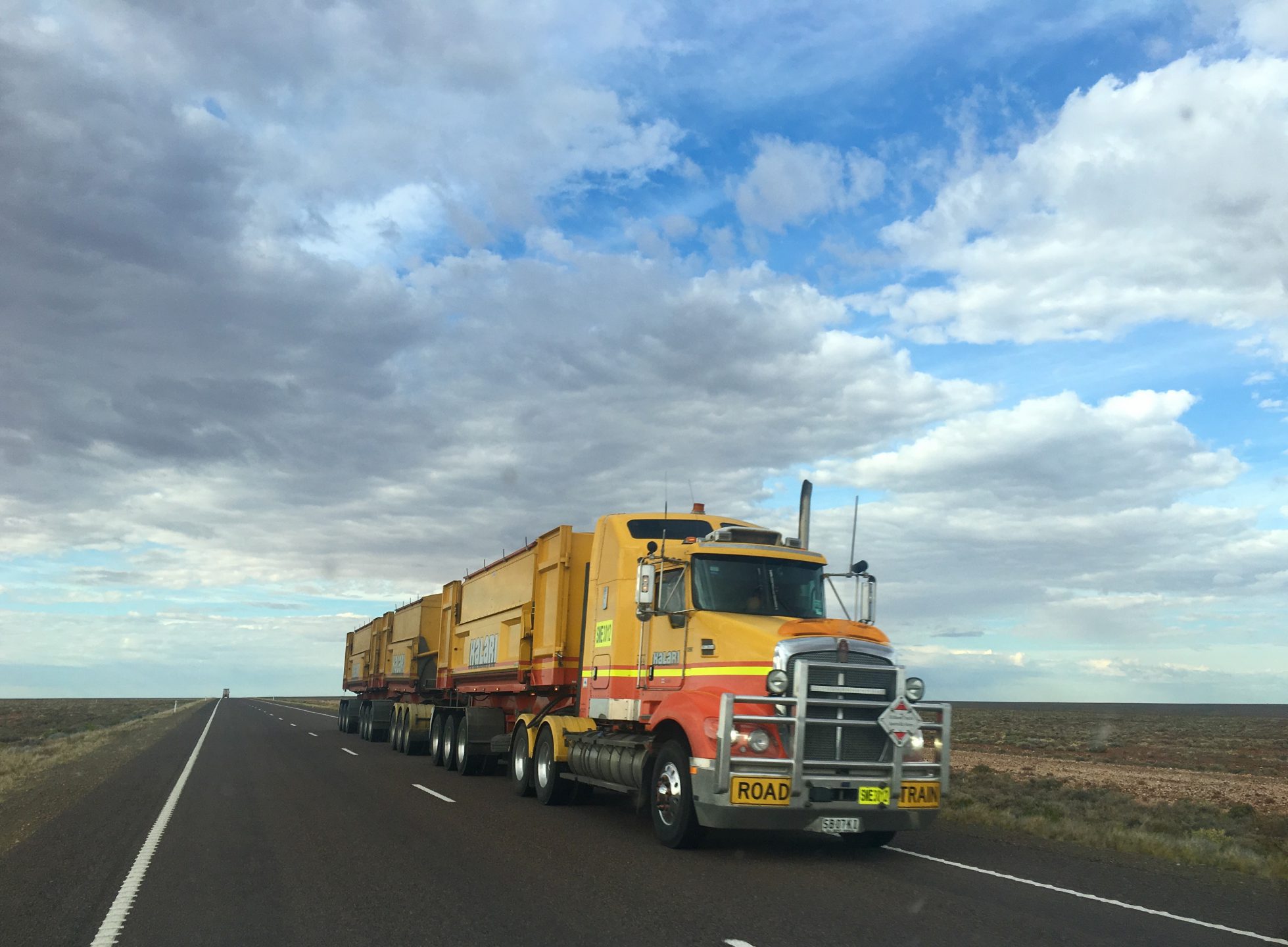In the wake of the horrific accident involving a semi-trailer truck and a coach bus, which was transporting the Humboldt Broncos hockey team last spring, the Government of Alberta is implementing mandatory training for new commercial drivers and strengthening safety requirements for new commercial truck drivers and commercial truck and bus companies.
According to Brian Mason (“Mason”), Minister of Transportation:
We are advancing safety standards in our commercial driving industries to enhance road safety, not just in Alberta, but across the continent, as commercial drivers travel across Canada and North America. We’ve worked with industry stakeholders to make these changes with their support and we are pleased to be moving forward to put them in place.
WHAT WILL THE NEW TRAINING ENTAIL?
In an effort to make our highways safer and ensure that drivers of large vehicles receive better training, those drivers seeking a Class 1 (professional licence for semi-tractor trailer drivers) or Class 2 licence (professional licence for commercial buses) will be subjected to a standardized curriculum taught in all driving schools, new training hours, and enhanced knowledge and road tests.
Drivers who wish to obtain a Class 1 or Class 2 licence, starting in March 2019, will be required to take a mandatory entry level training course, including both in-class, in-yard, and in-vehicle training. They will also require at least 125 hours of training with an air-brake test.
Starting in March 2019, drivers who obtain a Class 1 or Class 2 licence between October 10, 2018 and March 1, 2019, will be required to repeat the new enhanced knowledge and road test for free.
Instructors and examiners will all be government employees who have been re-trained and re-tested to provide and test the new curriculum.
WHAT ARE THE NEW REQUIREMENTS FOR COMMERCIAL CARRIERS?
In Alberta, there are more than 25,000 commercial carriers operating more than 150,000 vehicles.
Beginning January 1, 2019, commercial carriers will be required to:
- provide full compliance documentation when applying for a Safety Fitness Certificate, and renew the certificate every three years;
- complete a mandatory safety and compliance course, and complete a knowledge test before commencing operations; and
- undergo a formal, third-party review to ensure compliance with federal and provincial safety regulations within one year of commencing operations.
CHANGES TO DRIVER’S LICENCE ROAD TESTING IN ALBERTA
There are currently 153 private road testers across the province of Alberta. Starting March 1, 2019, Alberta will no longer allow for private road testing and all road exams will be administered by the province. This was a promise that Mason had made following the Broncos bus crash.
Mason maintains that government testing will help fix the numerous complaints that the government receives regarding poor service, high fees, and lack of access in small centres.
A flat fee for a standard Class 5 licence will be $83, and a $219 fee will apply for a Class 1 commercial truck licence.
Alberta plans to hire 161 examiners and anticipates that many of the existing testers will be hired as government employees. These examiners will receive training and be subjected to reviews.
Mason outlines that government run road testing will mean that there will be standardized fees; enhanced regulation to ensure that tests are conducted fairly, consistently, and professionally; a call centre for complaints and to co-ordinate responses; mobile driver examiners to enhance accessibility across the province (especially in rural areas); on-line and in-person scheduling; and benefits and professional development opportunities for examiners.
TRUCKING COMPANY OWNER CHARGED
The announcement of these new changes to the commercial and bus training and safety regulations was made on the same day as charges were placed against Sukhhmander Singh, the 29-year-old owner of the Calgary trucking company that was involved in the Broncos crash, for non-compliance with federal and provincial safety regulations.
The driver of the semi-truck, Jaskirat Singh Sidhu, was arrested this summer following the fatal collision on April 6, 2018 that left 16 people dead and 14 injured. He was charged with dangerous driving causing death and dangerous driving causing bodily harm.
Singh’s trucking company, Adesh Deol Trucking Ltd., was operating out of Edmonton and remains suspended.
Eight charges have been laid against Singh, which include:
- two counts of failing to maintain logs for drivers hours of service (federal charges);
- three counts of failing to monitor the compliance of a driver under safety regulations (federal charges);
- two counts of having more than one daily log for any day (federal charges); and
- failure to have or follow a written safety program (provincial charge).
The maximum penalty for a federal hours of service failing is $5,000 per offence and a provincial charge carries a $310 penalty. However, a court may use its discretion to impose a penalty up to $2,000.
If you or a loved one have suffered serious injuries as a result of a motor vehicle accident involving a truck or a bus, you likely have many questions. Please contact the experienced personal injury lawyers at Cuming & Gillespie LLP to help answer all of your questions and determine whether you are entitled to compensation for the damages you have suffered. We offer free consultations for new clients. Contact us online or call our office to make an appointment at 403-571-0555.

